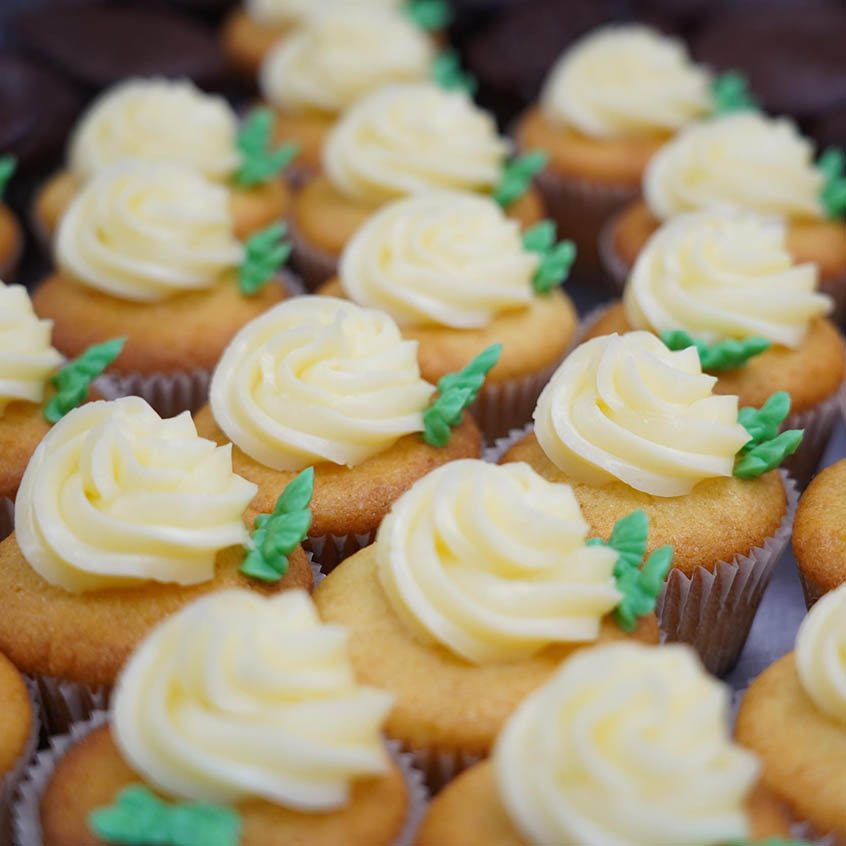
Born in South Korea, Eunji Lee studied pastry arts at the Institut National de la Boulangerie Patisserie in Rouen, France and Ecole Ferrandi in Paris before working with Chef William Ledeuil at Ze Kitchen Galerie in Paris for three years. She went on to train at three-Michelin-starred Le Meurice under Chef Alain Ducasse and Pastry Chef Cedric Grolet for the following four years. In 2016, Eunji moved to New York to combine her French technique with Korean ingredients at two-Michelin-starred Jungsik, where she offers a five-course dessert tasting menu. Eunji took second place at the 2019 Valrhona C3 North American Final and was a finalist on season 4 of French competition show "Qui sera le prochain grand pâtissier?" (Who will be the next great pastry chef?) in 2017. She’ll share a signature dish with tastings and answer questions about her distinct style and fine dining experience.

You will work in teams to execute the class menu. At the end of class, participants gather to enjoy the food they have prepared. Wine is served with meals in most classes. All class menus are subject to change. While a snack platter is offered in both morning and evening classes, you may want to consider a light snack before joining us for class. Students are encouraged to bring a light lunch or dinner to all pastry classes.

You will work in teams to execute the class menu. At the end of class, participants gather to enjoy the food they have prepared. Wine is served with meals in most classes. All class menus are subject to change. While a snack platter is offered in both morning and evening classes, you may want to consider a light snack before joining us for class. Students are encouraged to bring a light lunch or dinner to all pastry classes.
Braising - searing at a high temperature, then finishing in a liquid at a lower temperature to infuse flavor - can add umami and more to pretty much any meal! And the best part is, it creates tender, juicy dishes with a minimum of effort. We'll master this technique as we make a braised banquet of: Guinness-braised short ribs with creamy polenta; braised chicken thighs with mushrooms and balsamic vinegar and braised fennel.
Before heading out to your local sushi bar for your next date night, come to ICE to learn how to create your own sushi and sake bar at home. Together, you'll start by learning the basics of how to make the foundation of all sushi: delicious, seasoned rice. You'll then create a variety of sushi accoutrements, along with vegetables and raw fish. Finally, you'll learn to make traditional hand rolls, maki, futomaki, and nigiri, before sitting down to eat with a refreshing glass of Japanese sake or a cucumber-sake cooler.
Israel, considered the center of the universe in ancient times, is at the juncture of Europe, Asia and Africa, with its coast on the Mediterranean. Its cuisine reflects the influences of all of the cultures around it, and the refugees who have settled there in modern times. You'll explore modern and traditional Israeli cooking when you make: cheese bourekas (flaky pastry-filled puffs); fried cauliflower with tahini sauce; chicken meatballs in tomato sauce with toasted Israeli couscous; and fattoush (pita salad).
Ranked as America’s Best Culinary School (USAToday 2019), our roster of Chef-Instructors have run top kitchens around the globe.
| (Separate multiple addresses with commas like: john@aol.com, jane@aol.com) | |